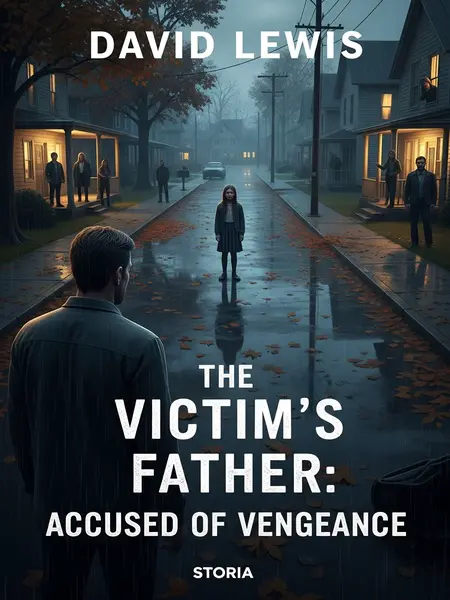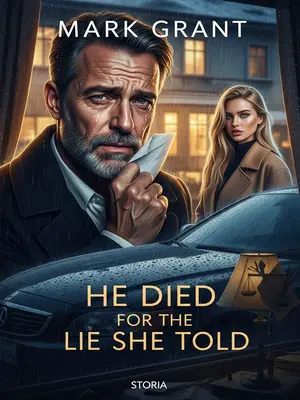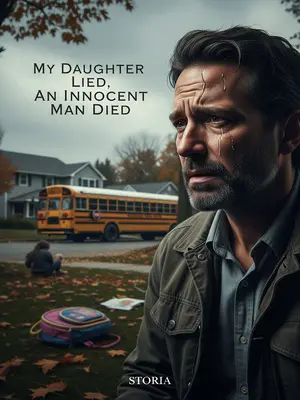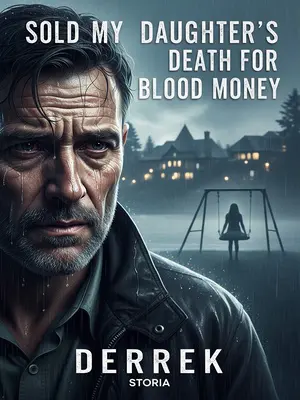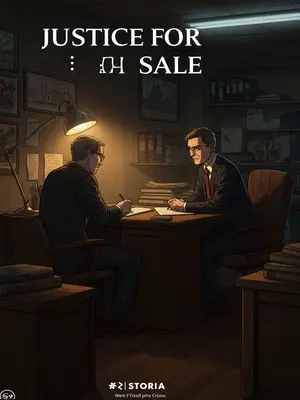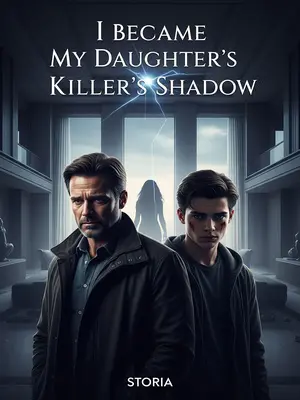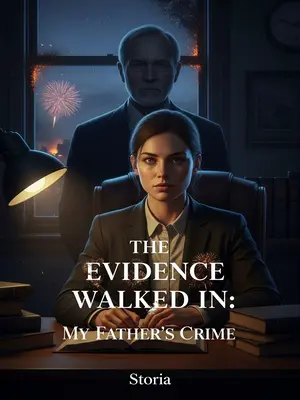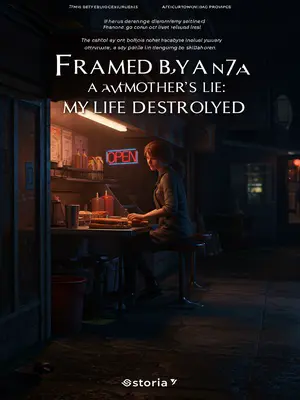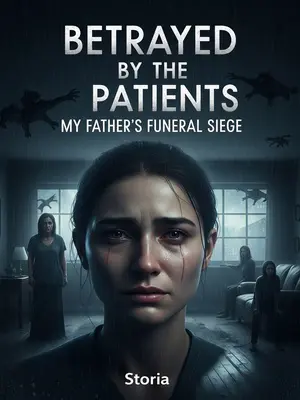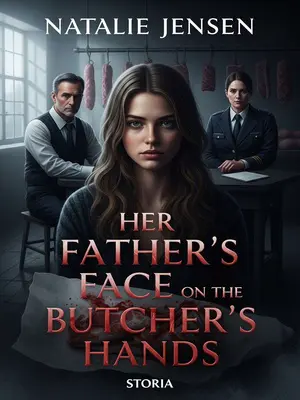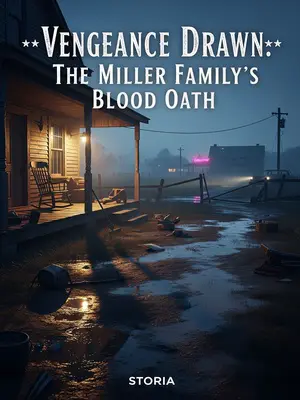Chapter 2: A Father’s Burden
David Lewis’s house was a run-down, one-story place on the edge of town.
Peeling paint, a sagging porch, wind chimes tinkling in the breeze. The grass was overgrown, dandelions everywhere. An old tricycle rusted by the steps.
Walking up, we passed a battered U.S. flag and a cracked garden gnome. Boots squelched in mud. The air smelled of gasoline and wet earth.
Inside, the living room was cluttered—Walmart bag on the table, stacks of mail, a half-empty Gatorade, coupons everywhere. Only a sliver of afternoon light slipped past the blinds. Cracked family photos lined a rickety shelf.
David looked just as worn down—messy hair, stubble, hollow eyes, his face drawn.
He wore faded jeans and a “Best Dad Ever” T-shirt. He offered us folding chairs, clutching a chipped coffee mug with a shaky hand.
He didn’t push back on our visit. If anything, he seemed relieved for the company. He slumped in his chair, voice hoarse but steady.
Before we could ask anything, David opened up.
He cut right to it. "I know why you’re here. Life’s been hell," he said, staring at the floor. "Lost my job after what happened. Folks around here... they don’t want trouble. Can’t blame them, I guess."
He told us about food stamps, eviction notices, and the shame of sending Emily to school in hand-me-downs. His hands shook, but he kept talking.
He described a year spent caring for Emily—doctor visits, therapy, fights with insurance. “I barely sleep,” he said. “Every night, I check on her a dozen times. I don’t even have time to mow the lawn.”
His wife, Amy Greene, had long since left—she couldn’t bear it and eventually walked out.
He hesitated, glancing at a wedding photo on the shelf, fumbling for words. "She just... couldn’t take it anymore. Packed a bag and left after another fight. Haven’t heard from her in months."
Now it was just David caring for Emily.
He looked down the hall at her closed door, his voice trailing off. The silence from that end of the house pressed in on us.
Although Emily could walk, her mental state was fragile—her doctor called it severe trauma and regression.
"She barely speaks," he said, eyes glassy. "Used to love Disney movies—now she just sits in her room, rocking back and forth."
He handed over the report. The doctor had noted: for now, Emily should have minimal contact with strangers.
“Doc says visitors are a trigger. If you need to see her, it’ll have to wait.”
At her age, recovery was slow, and strangers could trigger episodes.
He described panic attacks, fits of screaming, how Emily sometimes flinched from even his touch. "Sometimes," he admitted, "she doesn’t recognize me."
So Emily stayed in her room most of the time.
The door was pink, stickers peeling at the edges. Only the occasional creak of floorboards broke the silence behind it.
That ended any thought of meeting Emily.
Relief and guilt mixed inside me. I wanted to see her for the investigation—but it would have been cruel.
That’s why David couldn’t leave home, why he hadn’t come to the station.
His story checked out. If I were him, I wouldn’t have left either. Responsibility—and helplessness—was written all over his face.
Because David spoke first, Carter didn’t mention the Lee family murders; he asked, indirectly, if anyone could confirm David was home.
David caught on. “You can talk to George next door. He’s here every morning, bringing groceries and meds. We’re on a first-name basis at this point.”
He rattled off a grocery list: milk, eggs, frozen pizza, AA batteries. "George’s handwriting is all over the receipts."
Rachel checked the distance to the Lee farmhouse—a five-hour round trip, not counting prep. David didn’t even blink at the suggestion.
Everything pointed away from him. He looked tired but resolute, as if he’d practiced these answers a thousand times.
Later, we found George Miller, his neighbor—a spry man in his seventies with an Eagles cap and a toothpick. He let us in, offered stale Oreos and black coffee, and produced a notebook of grocery receipts.
“Got every trip logged—dates, times, receipts. Dave never leaves that house, ‘cept to wave at the mailman. Poor bastard.”
Rachel took photos for the file. I thanked George, feeling lighter—at least one piece of this ugly puzzle made sense.
No one had seen David leave. In a town like ours, even rumors of revenge would’ve set off alarms. But as we left David’s porch, I couldn’t shake the feeling that something still wasn’t right.
